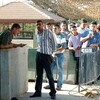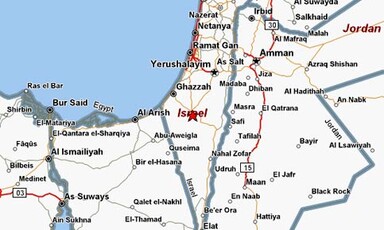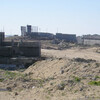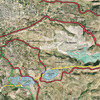
The Israeli army's double standard: Treatment of settlers and Palestinians in August 2005
23 September 2005
MachsomWatch is an Israeli women’s organization that monitors one of the gravest aspects of the Occupation - the restriction of free movement by Palestinians in the Occupied Territories. In this report, the organisation asks “So what did we learn about the Israeli army’s double standard in August, during the evacuation of Israeli settlers from Gaza?” and offers reports of the parallel experiences of Palestinians and Israeli settlers during the month of the Gaza Disengagement. Read more about The Israeli army's double standard: Treatment of settlers and Palestinians in August 2005








